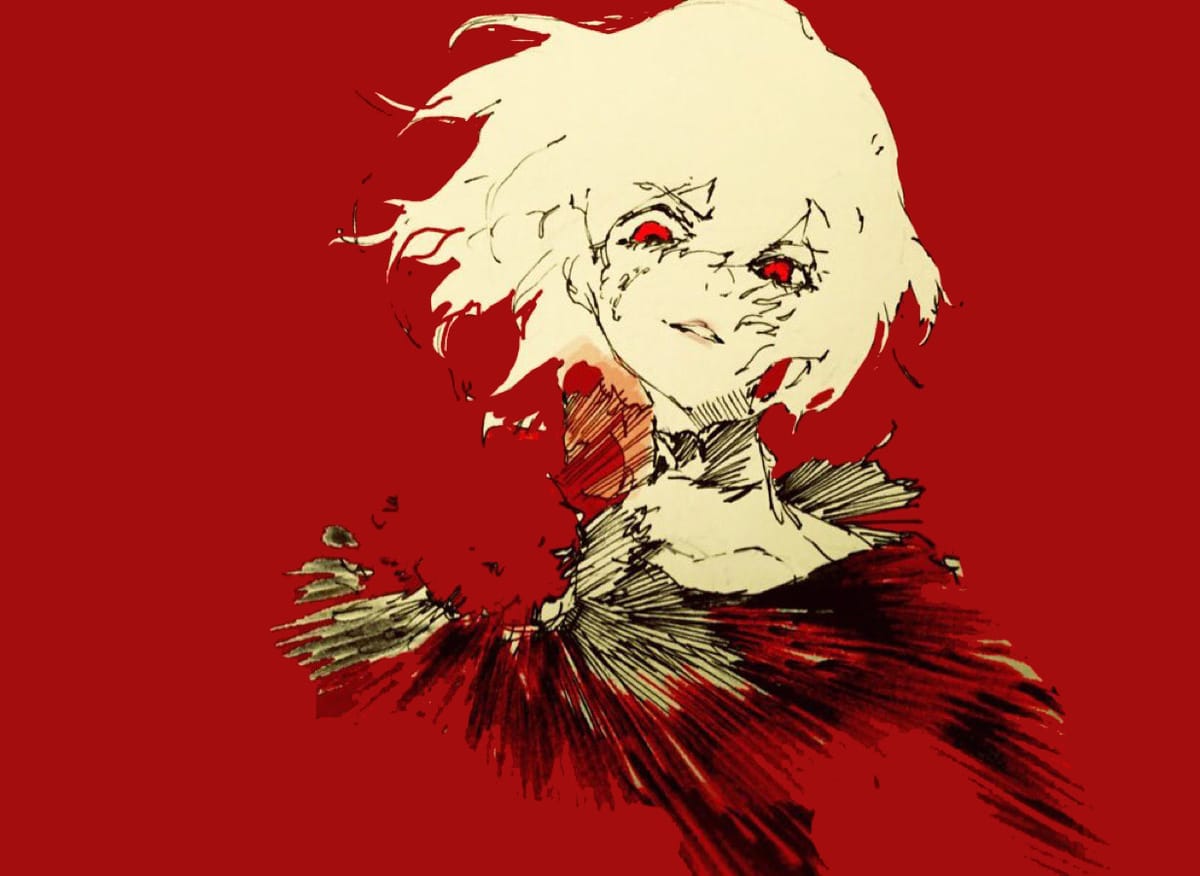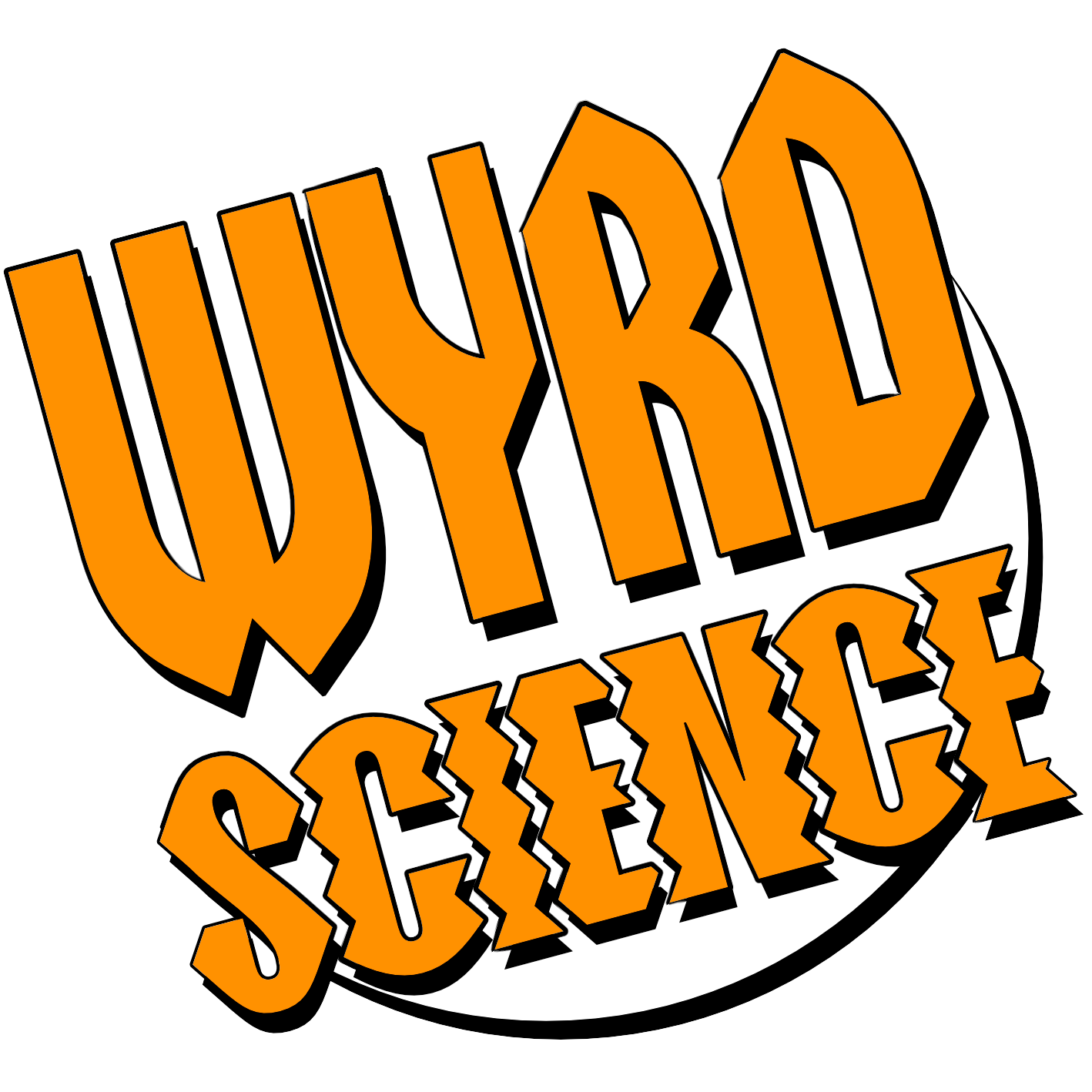
“Nothing amazing happens here. Everything is ordinary”
Being a teenager is weird. And sometimes all that insecurity, uncertainty and frustration can only be expressed by becoming a robot and fighting a Space Phoenix. Really.
Empty Cycle then is a TTRPG that attempts to emulate the frenetic, chaotic energy of an anime such as Fooly Cooly. The broad narrative here is that you are a teenager in a dull town who is infected by an alien parasite that grants you strange powers. Peculiar, high-concept events follow, not least because pursuing those alien parasites are a second group of entities, the Reapers, who are determined to wipe the parasites out with their ultimate weapons. Much like its inspiration the game is big on symbolism and makes it clear from the beginning that the parasites represent the characters' desire for maturity whilst the Reapers the things they suppress.
Mechanically the game is very rules-lite. Different size dice are assigned to 6 different stats divided between both the main player character and their parasite. Tests are passed by rolling above a target 2 for easy, 20 for impossible etc. To beat harder tasks the player’s character must synchronise with their parasite to gain advantages. And when things get truly out of control such as a local shopping mall transforming into a war machine, the player and their parasite can enter a Spill. In that state, they blend together to transform into one entity that takes on a completely different form, be that a robot warrior, superhero or perhaps a weaponised Beanie Baby.
One of the game's innovations is that the player has control over both their character and the parasite and has to role-play them separately, though the GM can be given or take control of a parasite as needed. It makes for some quite challenging role-playing as the parasite and the character might not always have the same agenda and can easily end up in conflict with each other.
Whether you are going to like this game is going to depend quite heavily on your comfort with narrarive focused, rules-lite games. Empty Cycle doesn’t want to limit players in terms of how they look or what they can do, something that fits with a genre where chaotic nonsensical fight scenes take place all the time. It would be foolish to even try and fit that into a more elaborate rules system and Empty Cycle wisely doesn’t.
While keeping it light does give players licence to create whatever kind of characters and situations they might like, it would have benefited from some additional structure. In addition, for such a conceptually complex game, I feel that it could have provided more hand-holding and examples of gameplay to guide players and GMs through the experience.
In particular, a bit of thought on group dynamics would have been helpful. It is difficult for players to have personal introspective journeys when the GM is managing a table of 3 or 4 people. Are other players supposed to sit it out while one player battles against their feelings for their absent father? Does it detract things when an individual’s symbolic representation of trauma is being beaten down by a whole party? In many ways the game could work best as a two-player experience, with just the GM and one player.
In addition to being rules-lite, Empty Cycle is setting-lite too though it does give you a lot of tools in terms of questions for the GM or the player to answer to start building their world, which feels like the right approach. Keeping the Reapers as vague as possible gives a lot of freedom for both players and GMs to come up with their own weirdness.
Published by Rooky Jet Studio, who are carving out an interesting niche for themselves with anime inspired games - such as the dark fantasy Red Giant and ‘Anima’ brawler Over Arms - Empty Cycle is a stylish, good looking book that makes the most of its limited art and simple layout.
Rules light but conceot heavy, Empty Cycle is by no means an easy TTRPG to get your head around, but it is, by design, experimental, flexible and strange which keeps it close to its spiritual roots and worth checking out.
Written by Cory Burns
Art: Jean Verne, MonMon
Published by Rookie Jet Studios
This feature originally appeared in Wyrd Science Vol.1, Issue 4 (April '23)

